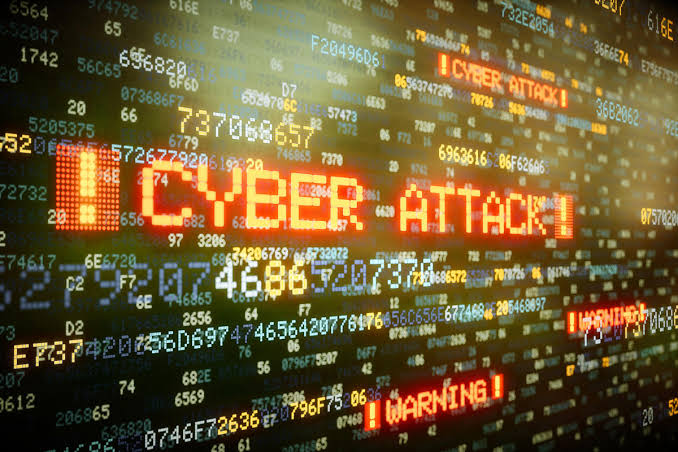The Nigerian information technology and shared services company Galaxy Backbone Ltd claim that during the 2023 presidential and national assembly elections on February 25, it successfully thwarted over 1.2 million attempted cyberattacks.
According to the center’s managing director, Muhammad Abubakar, during a ministerial training for the organization’s board members and management staff in Abuja with the theme “positioning the agency’s team for effective management and leadership in the 4th Industrial Revolution,” the center recorded more than 200 cyberattacks on election day, and that number sporadically increased to 1.2 million the following day while collation was taking place.
The Independent National Electoral Commission (INEC) was forced to transmit the results offline to its portal for viewers to access just as the elections came to a close due to the IREV’s widespread failures and difficulties, which prevented it from being able to transmit the presidential election results online.
Read also: Controversies in Nigerian electoral technology
“We created a business community and cyberspace protection for one month and at least one week after the gubernatorial elections. How much did election day cyberattacks cost? As of December 2023, a cyberattack costs $18,000.”
“We prevented over 200 attempted attacks during the elections, and the next day it grew to 1.2 million.”
The Managing Director, however, did not specify if the cyberattacks or the multiple attempts they thwarted were to blame for the whole or partial outage of the IReV infrastructure.
Despite this, he acknowledged the agency’s successes and pointed out that it established a business community and cyberspace protection committee to ensure Nigeria’s cyberspace is secure for the 2023 general election.
The Minister of Communication and Digital Economy, Prof. Isa Pantami, stated in his remarks that the training reviewed and recalibrated Galaxy Backbone Limited in regard to leadership and management for the best results.
“Training is essential when it comes to enhancing our performance, and it is also essential when it comes to our self-evaluation, self-judgment, and self-assessment,” the minister stated.
Election cyber attacks in Nigeria
Cyberattacks are now a common adversary for democratic elections all around the world. In truth, during the most recent elections in the United States, a small number of state and local governments appeared to be the target of a relatively simple hack that intermittently rendered public websites inaccessible.
It makes sense that President Muhammadu Buhari set up a group, with Prof. Mohammad Abubakar, CEO of Galaxy Backbone, as a major member, to provide guidance on the best ways to safeguard the nation’s ICT infrastructure and cyberspace from potential threats, particularly during the general election.
The committee’s task was to coordinate ICT industry computer security centres with other pertinent institutions in order to thwart any impending dangers from cyberattacks.
The electoral office and infrastructure were set up to receive transferred election results online in real-time directly from polling sites. IReV, however, had a downtime when voting in various polling locations across the nation came to a close.
The electoral body’s incompetency is a key problem
The INEC staff’s inability to submit the results of the presidential elections straight away after counting was a key problem in the electoral process. Yet, there weren’t many successful transmissions of the parliamentary results.
INEC has been heavily criticized for the entire process and its failure to conduct a peaceful and transparent process, even though INEC clarified that these faults were not caused by cybercriminals trying to assault the IReV infrastructure.
There have also been numerous requests for the election to be redone in light of the numerous technological failings that were supposed to make the process transparent and free.
Professor Abubakar stated during the training that GBB must “invest in security management by developing new SOCs, acquiring new certifications (e.g., ISO 9001 and 22301), maintaining previous certifications, and establishing a security command center” in order to increase its capacity to ensure a secure cyberspace in Nigeria.




